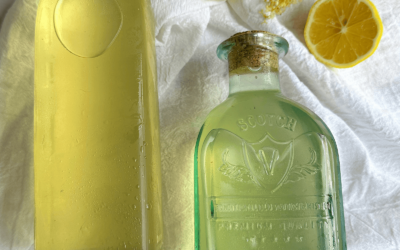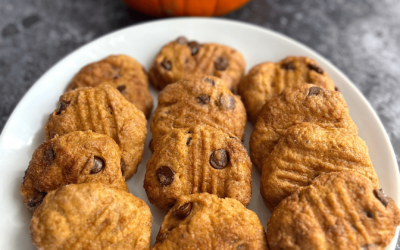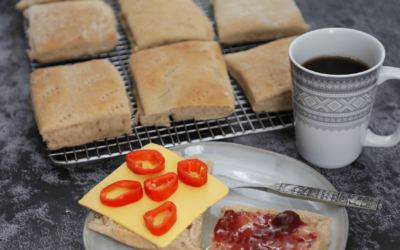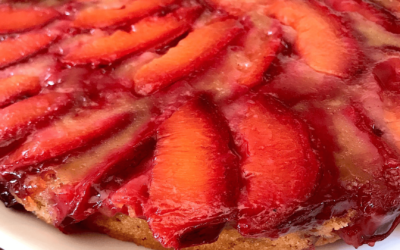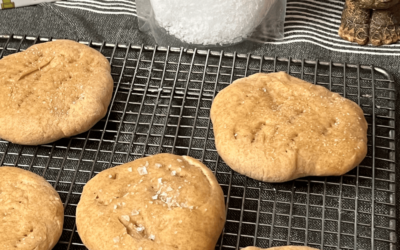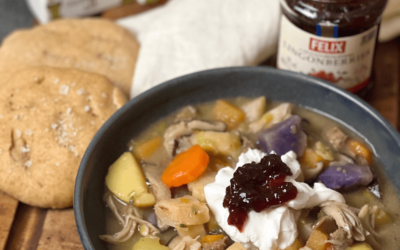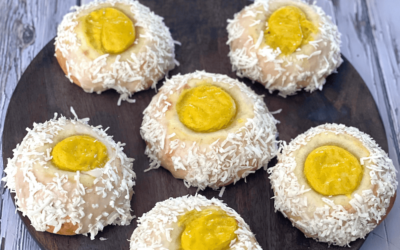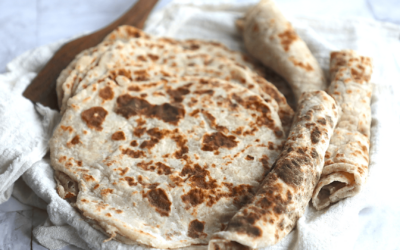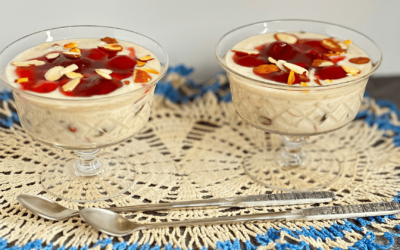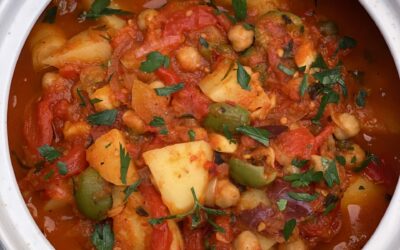Elderflowers are some of the first flowers you can harvest in the spring in Norway. The season is quite short, but typically you will find them in late May through June. They grow on trees and produce beautiful white flowers with a gorgeous floral scent. There are so...
Culture & History
October Means Pumpkins!
After living in the United States for three decades, I have finally learned to appreciate the pumpkin. I love carving them out for Halloween and to see everybody's decoration with these glorious vegetables around my neighborhood and around the state of New York, but...
Norwegian Matpakkeruter
Today’s recipe is not mine but one that was created by pastry chef Elin Nilsen of krem.no who is an amazing Norwegian baker and food blogger. I tried her recipe out recently as I was researching more modern Norwegian recipes for matpakke, a Norwegian word for packed...
The magic of Norwegian plums + a cake you will want to make!
There are few fruits as exquisite as Norwegian plums. They taste far better than any imported plums, yet the season in Norway is super short with availability during the month of August and September only. Norway has planted plums since the 18th century (possibly...
Gahkko – A Sami Bread Recipe
Gahkko or gáhkku is a traditional thick and soft flatbread, reminiscent of Norwegian polarbrød and also often goes by the name klappekake. The gáhkku dough is flavored with anise or fennel seeds and sweetened with a little syrup. Festive breads were often flavored as...
Vegan Bidos
February 6th we celebrate the Sámi National Day in Norway. The Samí people are the indigenous people of Norway, Sweden, Finland and parts of Russia (the Kola Peninsula). Norway is home to about half of the total Sami population, approximately 40,000 people. ...
Celebrating Back To School With Norwegian “Skoleboller”
This a repurposed blog from a previous post I published back in January of 2013 before I turned vegan. I've wanted to make a vegan version of the amazing and popular sweet rolls Norwegians are known for, called skolebrød or skoleboller, depending on where in the...
Lomper – the tortillas of Norway
Being Norwegian, I am not lacking in ideas of what to do with potatoes. As I’ve mentioned before in my previous posts, where would Norway be without potatoes? We seem to eat it with practically every meal, as this is an easy crop to grow in a cold weather...
A Norwegian Grandmother’s Favorite Dessert
A big reason why I started this blog, was to research and share information, not just Norwegian recipes but their origins, the history of our food, and more importantly, why certain recipes came about. Today's dish is so old school I suspect younger people in Norway...
Bacalao: Where Norway Meets Portugal
Bacalao is a Spanish term for dried, salted cod but also refers to a flavorful, slightly spicy stew with tomatoes, roast peppers, potatoes, and olives…Before I continue, I want to make clear that I do not eat fish anymore…So with this blog post, I’m giving you the ultimate bacalao: with all the familiar flavors, added nutrient-rich ingredients (chickpeas are rich in fiber, fish have none) that are less costly for both your wallet and the environment—and I really promise you won’t miss the fish.
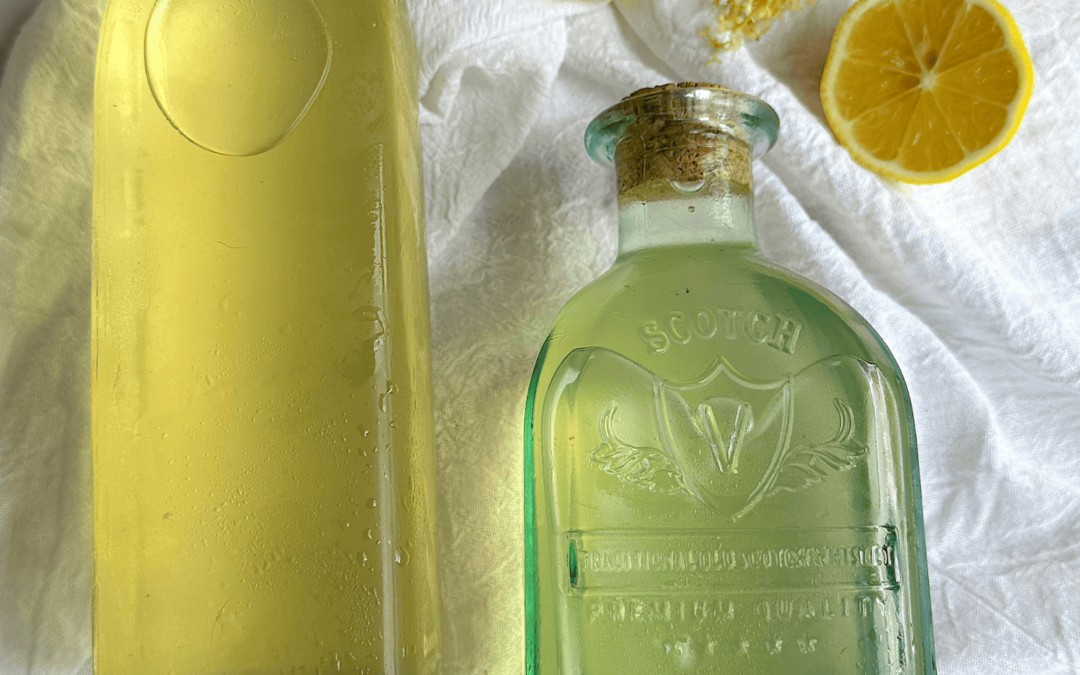
Elderflower Cordial
Elderflowers are some of the first flowers you can harvest in the spring in Norway. The season is quite short, but typically you will find them in late May through June. They grow on trees and produce beautiful white flowers with a gorgeous floral scent. There are so...
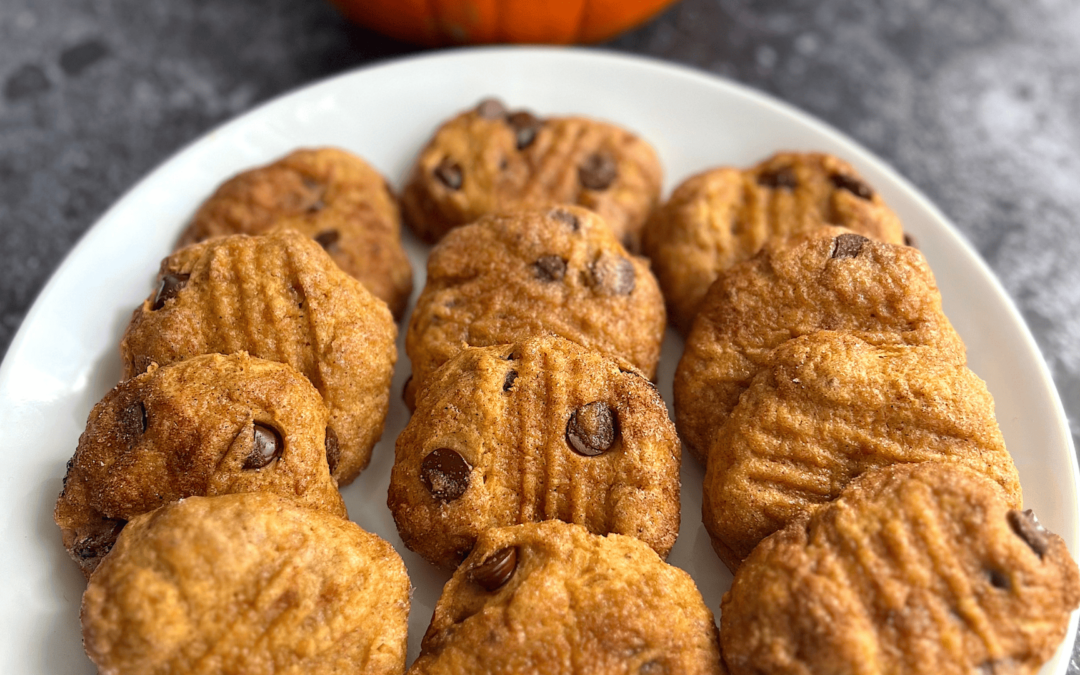
October Means Pumpkins!
After living in the United States for three decades, I have finally learned to appreciate the pumpkin. I love carving them out for Halloween and to see everybody's decoration with these glorious vegetables around my neighborhood and around the state of New York, but...
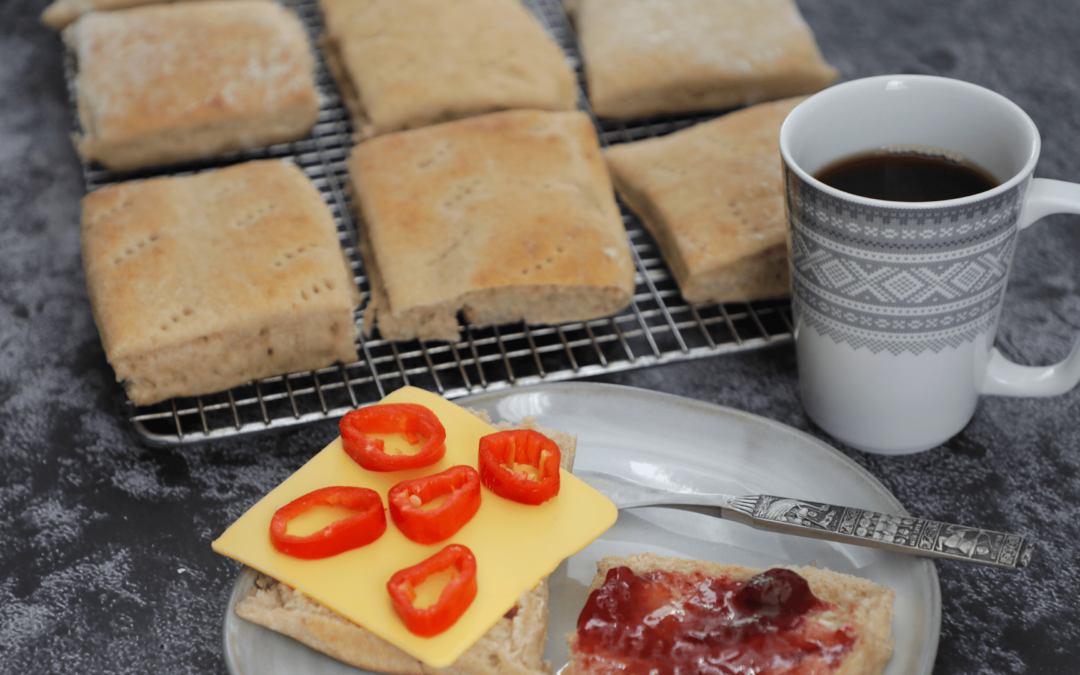
Norwegian Matpakkeruter
Today’s recipe is not mine but one that was created by pastry chef Elin Nilsen of krem.no who is an amazing Norwegian baker and food blogger. I tried her recipe out recently as I was researching more modern Norwegian recipes for matpakke, a Norwegian word for packed...
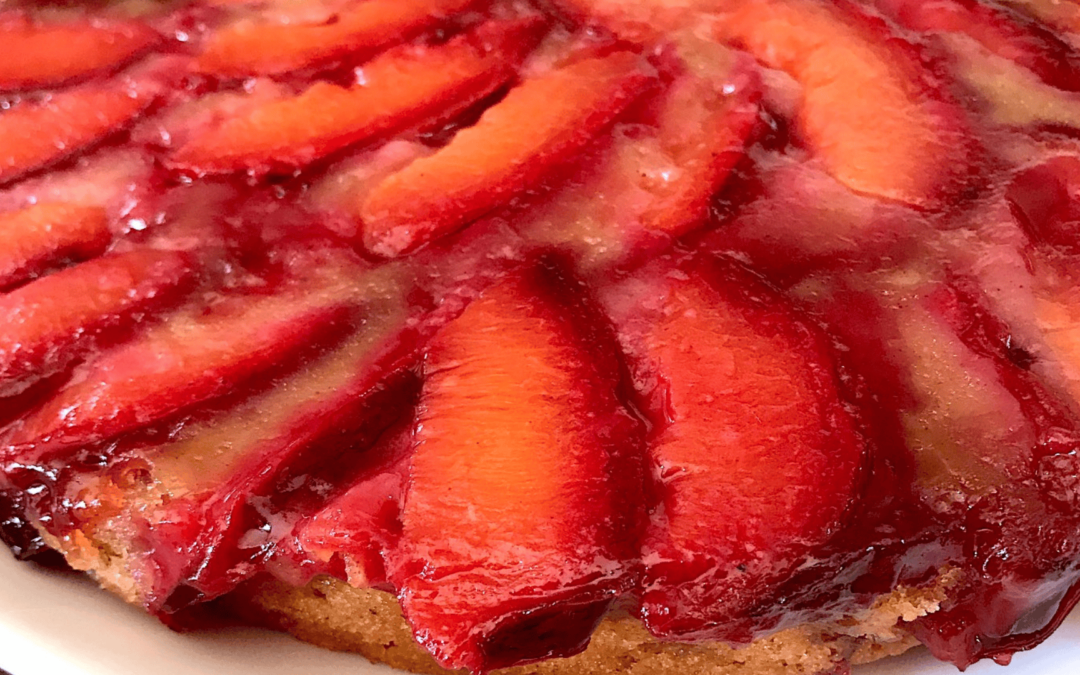
The magic of Norwegian plums + a cake you will want to make!
There are few fruits as exquisite as Norwegian plums. They taste far better than any imported plums, yet the season in Norway is super short with availability during the month of August and September only. Norway has planted plums since the 18th century (possibly...
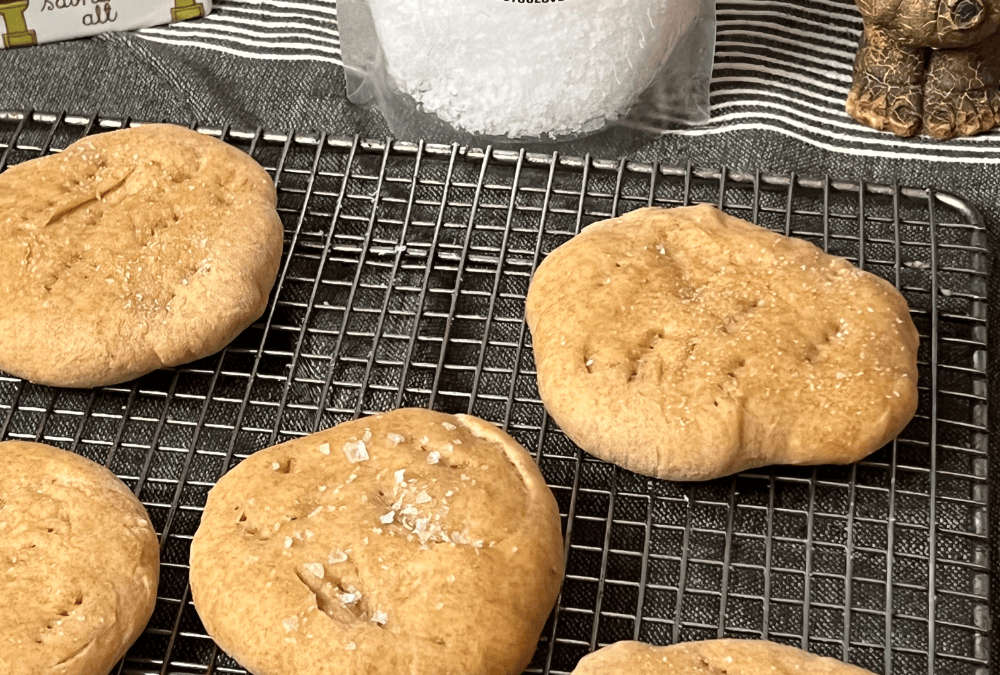
Gahkko – A Sami Bread Recipe
Gahkko or gáhkku is a traditional thick and soft flatbread, reminiscent of Norwegian polarbrød and also often goes by the name klappekake. The gáhkku dough is flavored with anise or fennel seeds and sweetened with a little syrup. Festive breads were often flavored as...
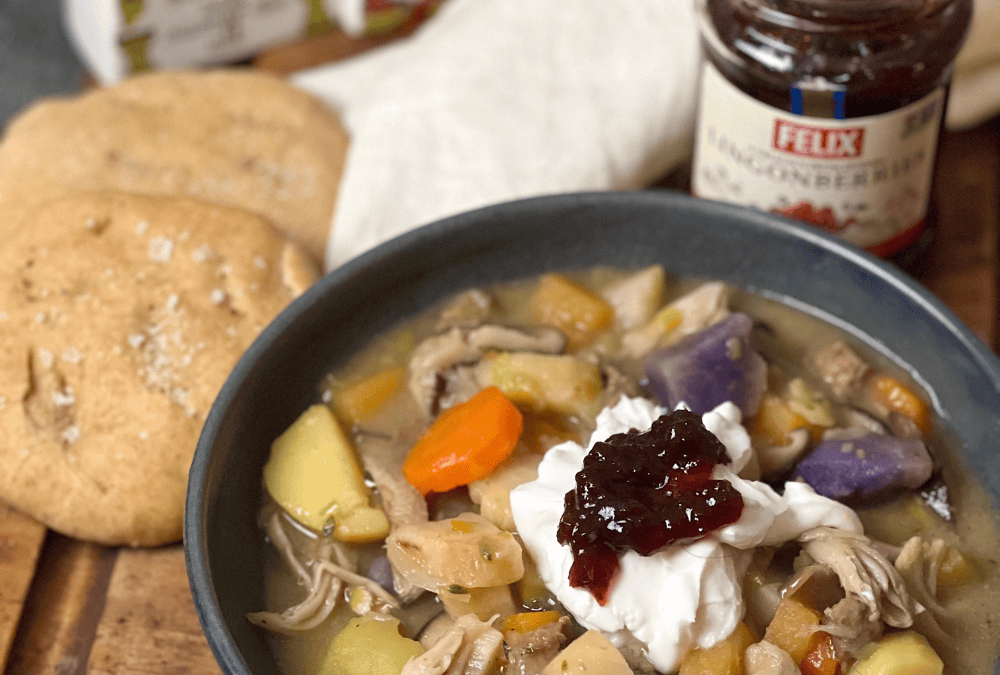
Vegan Bidos
February 6th we celebrate the Sámi National Day in Norway. The Samí people are the indigenous people of Norway, Sweden, Finland and parts of Russia (the Kola Peninsula). Norway is home to about half of the total Sami population, approximately 40,000 people. ...
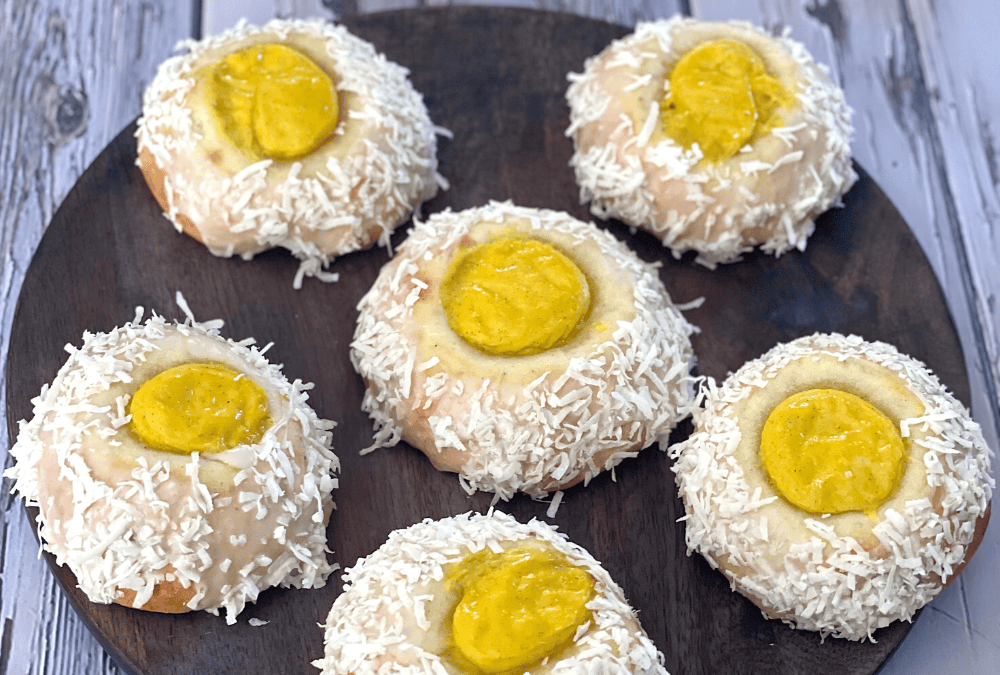
Celebrating Back To School With Norwegian “Skoleboller”
This a repurposed blog from a previous post I published back in January of 2013 before I turned vegan. I've wanted to make a vegan version of the amazing and popular sweet rolls Norwegians are known for, called skolebrød or skoleboller, depending on where in the...
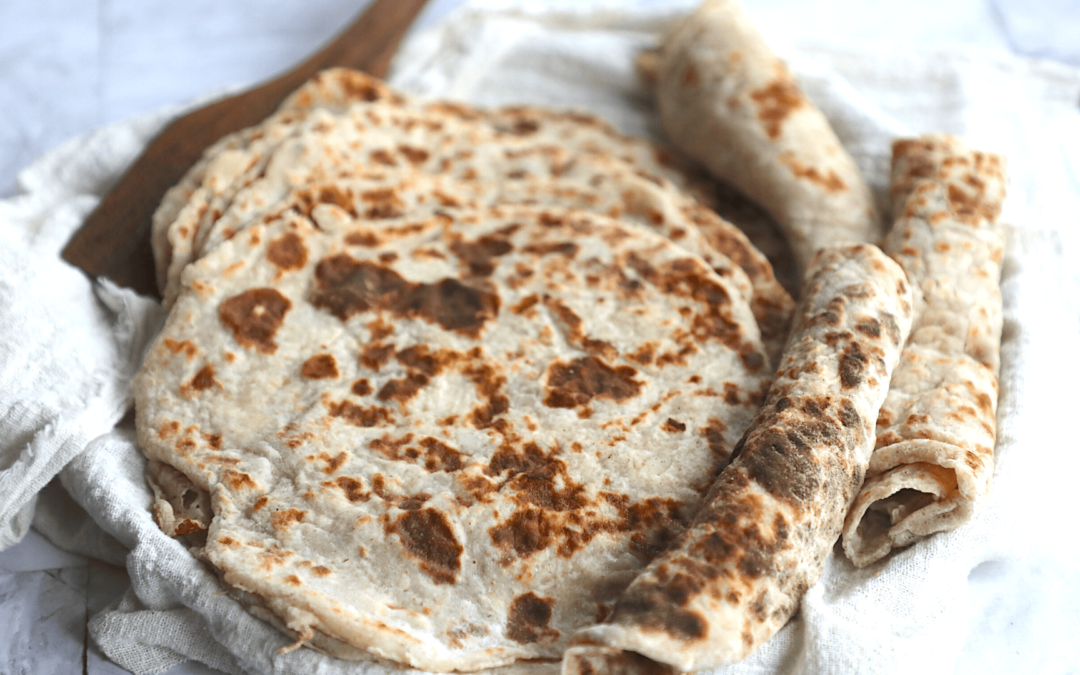
Lomper – the tortillas of Norway
Being Norwegian, I am not lacking in ideas of what to do with potatoes. As I’ve mentioned before in my previous posts, where would Norway be without potatoes? We seem to eat it with practically every meal, as this is an easy crop to grow in a cold weather...
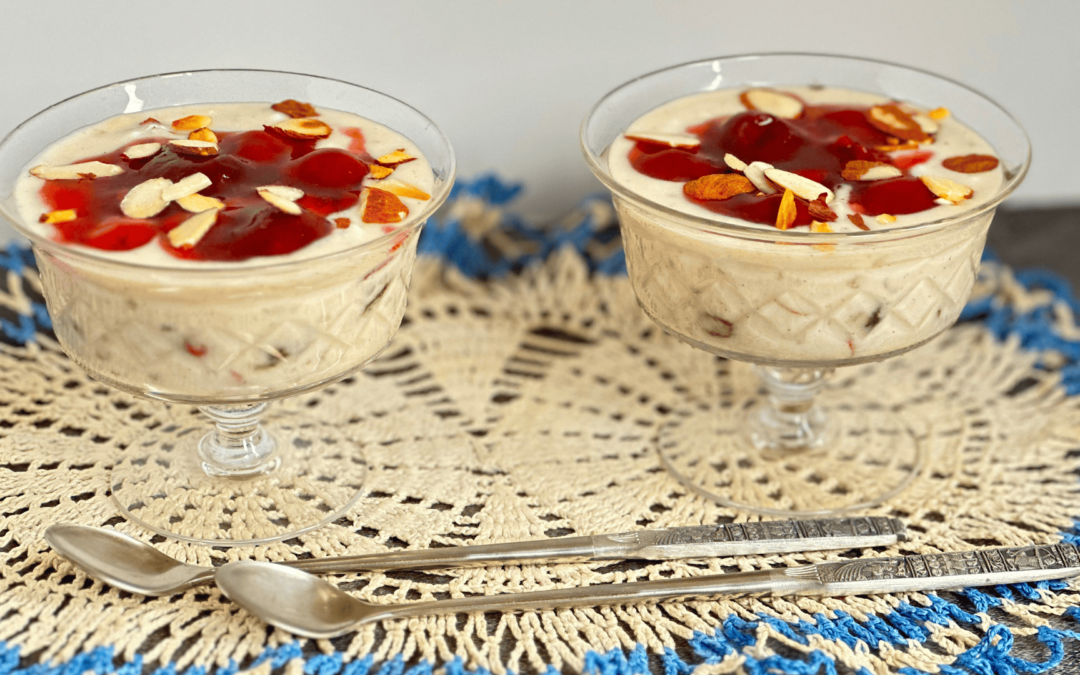
A Norwegian Grandmother’s Favorite Dessert
A big reason why I started this blog, was to research and share information, not just Norwegian recipes but their origins, the history of our food, and more importantly, why certain recipes came about. Today's dish is so old school I suspect younger people in Norway...
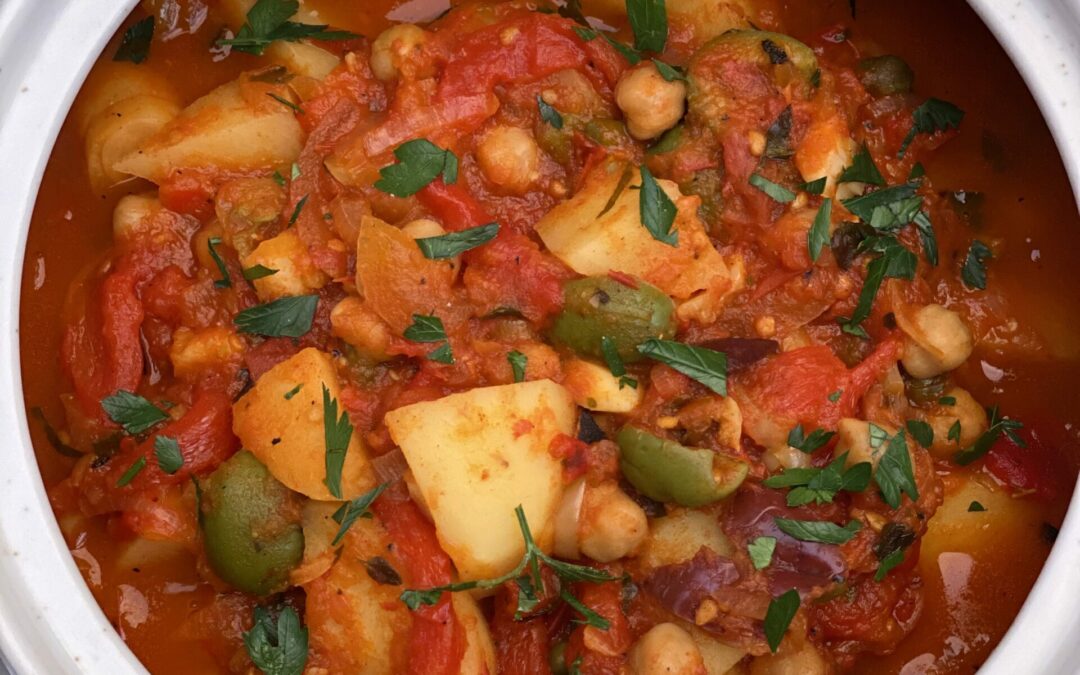
Bacalao: Where Norway Meets Portugal
Bacalao is a Spanish term for dried, salted cod but also refers to a flavorful, slightly spicy stew with tomatoes, roast peppers, potatoes, and olives…Before I continue, I want to make clear that I do not eat fish anymore…So with this blog post, I’m giving you the ultimate bacalao: with all the familiar flavors, added nutrient-rich ingredients (chickpeas are rich in fiber, fish have none) that are less costly for both your wallet and the environment—and I really promise you won’t miss the fish.

